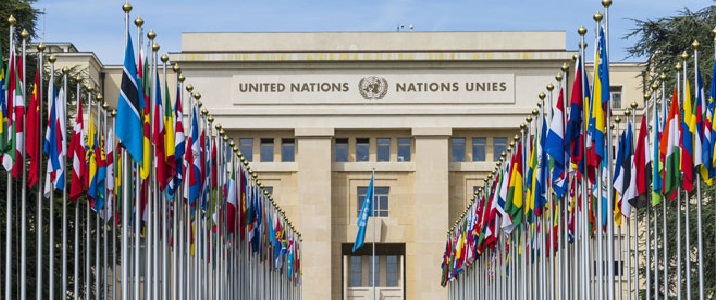
Turkey’s human rights record will be examined by the UN Human Rights Council’s Universal Periodic Review (UPR) Working Group for the third time on Tuesday, 28 January 2020.
Turkey is one of the 14 States to be reviewed by the UPR Working Group during its upcoming session taking place from 20 to 31 January. Turkey’s first and second UPR reviews took place in May 2010 and January 2015, respectively.
The documents on which the reviews are based are: 1) national report – information provided by the State under review; 2) information contained in the reports of independent human rights experts and group, known as the Special Procedures, human rights treaty bodies, and other UN entities; 3) information provided by other stakeholders including national human rights institutions, regional organizations and civil society groups.
The delegation of Turkey will be headed by Mr. Faruk Kaymakcı, Ambassador, Deputy Minister of Foreign Affairs & Director for EU Affairs.
The three country representatives serving as rapporteurs (“troika”) for the review of Turkey are: Bahrain, Slovakia and Somalia.
The UPR Working Group is scheduled to adopt the recommendations made to Turkey around 17.30 on 30 January. The State under review may wish to express its positions on recommendations posed to it during their review.
What is the UPR?
The Universal Periodic Review (UPR) is a unique process which involves a review of the human rights records of all 193 UN Member States. The UPR is a State-driven process, under the auspices of the Human Rights Council, which provides the opportunity for each State to declare what actions they have taken to improve the human rights situations in their countries and to fulfil their human rights obligations.
As one of the main features of the Council, the UPR is designed to ensure equal treatment for every country when their human rights situations are assessed. The ultimate aim of this mechanism is to improve the human rights situation in all countries and address human rights violations wherever they occur. Currently, no other universal mechanism of this kind exists.

